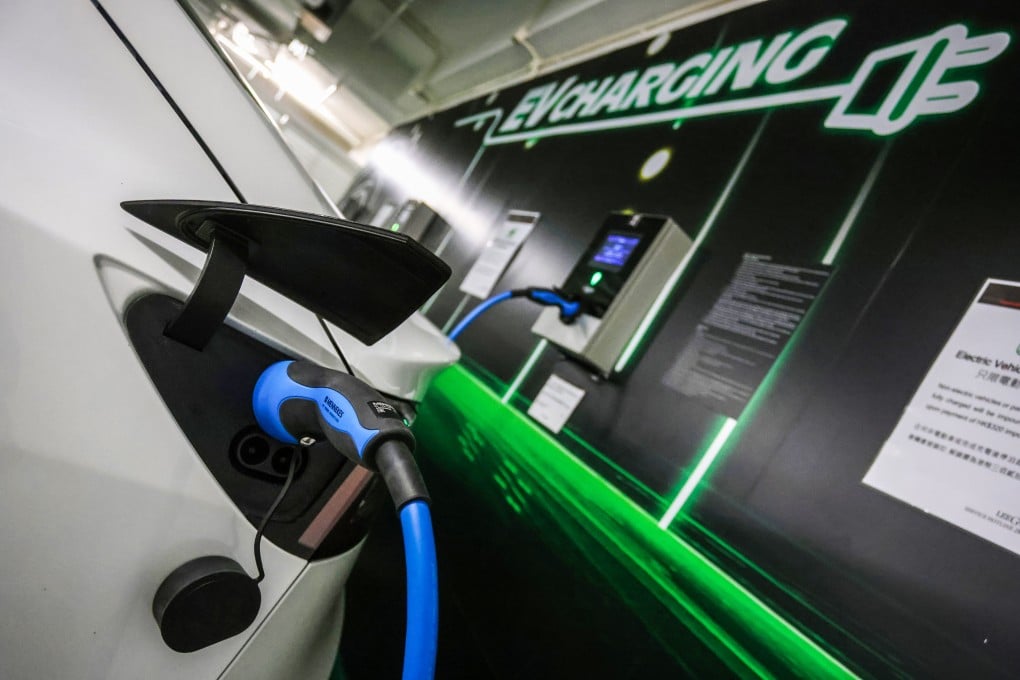Hong Kong records ‘historic increase’ in sales of electric private cars
- Authorities report about half of all private car sales in first quarter of 2022 involved electric vehicles
- Secretary for the Environment Wong Kam-sing tells lawmakers that roadside air pollutants in city decreased by 40 per cent over the past decade

Hong Kong recorded a “historic increase” in the sale of electric private vehicles, which accounted for about half of all cars bought in the first quarter of this year, environmental authorities said on Monday.
Electric vehicles also accounted for one in every four private cars bought in 2021, an increase from the one-eighth recorded in 2020, according to Environmental Protection Department Deputy Director Owin Fung Ho-yin.
Fung also noted that roadside air pollutants in the city had decreased by 40 per cent over the past decade.
The release of the figures came as Secretary for the Environment Wong Kam-sing told a Legislative Council panel meeting that the adoption of electric vehicles was a key element of the city’s efforts to become more environmentally friendly.
“The development of green transport, especially new energy vehicles, is a key policy for improving air quality, mitigating climate change and moving towards carbon neutrality,” he said.
Wong added that authorities hoped to roll out more charging stations this year to help support drivers of electric cars.